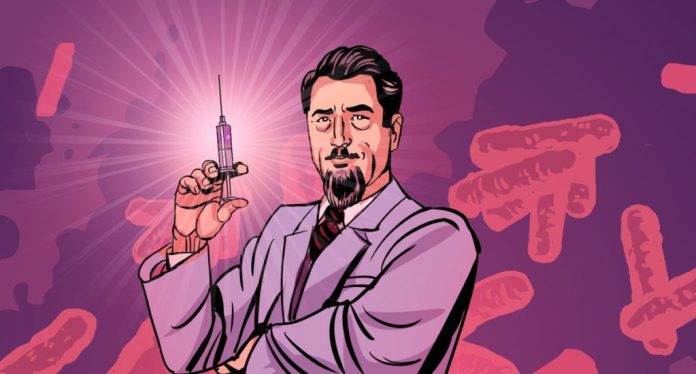Rudolf Weigl, a name that echoes through the annals of medical history, was a remarkable scientist whose contributions saved countless lives and revolutionized the field of medical research. From his pioneering work on developing a vaccine for typhus to his unwavering dedication during World War II, Weigl’s legacy continues to inspire generations of scientists. In this blog post, we will delve into the extraordinary life and indelible impact of Rudolf Weigl.
Early Life and Education
Born in Austria-Hungary (now Poland) in 1883, Rudolf Weigl’s early life laid the foundation for his future achievements. He pursued his education in Vienna, where he displayed an innate curiosity and passion for scientific inquiry. Weigl’s insatiable thirst for knowledge paved the way for his groundbreaking discoveries in the years to come.

Work on Typhus Research
Weigl’s most notable contribution to medical science came in the form of his work on typhus research. In the early 20th century, typhus fever posed a significant threat, particularly in war-torn regions. Weigl’s tireless efforts led to the development of an effective and safe vaccine that saved countless lives. His meticulous research and groundbreaking techniques earned him international recognition and forever transformed the field of infectious disease control.
Contribution during World War II
During World War II, Weigl’s expertise in typhus research took on even greater significance. His vaccine played a pivotal role in safeguarding the lives of soldiers and civilians alike. Weigl’s unwavering dedication to his work, even in the face of adversity, demonstrated his commitment to humanity and the pursuit of knowledge. His efforts during this tumultuous period were truly lifesaving and helped alleviate the suffering caused by the ravages of war.
Post-War Life and Legacy
After the war, Weigl continued his scientific pursuits and made significant contributions to medical research. His legacy lives on through the countless lives he touched and the advancements he brought to the field of infectious disease control. Weigl’s innovative techniques and unwavering commitment to scientific excellence continue to inspire scientists today, leaving an indelible mark on the world of medical research.
Conclusion
Rudolf Weigl’s life was a testament to the power of perseverance, curiosity, and scientific innovation. From his early beginnings to his groundbreaking work on typhus research and his enduring legacy, Weigl’s contributions have had a lasting impact on the field of medicine. His unwavering dedication to saving lives and his quest for knowledge serve as an inspiration for generations of scientists to come. May we remember and honour the remarkable life and contributions of Rudolf Weigl, a pioneer in medical research.




